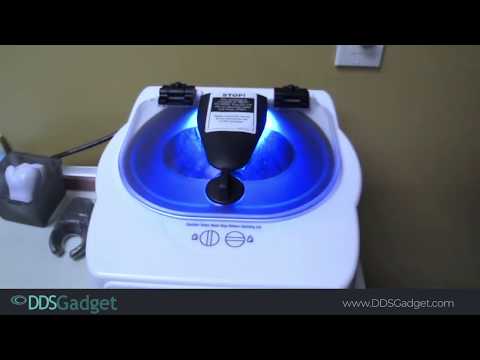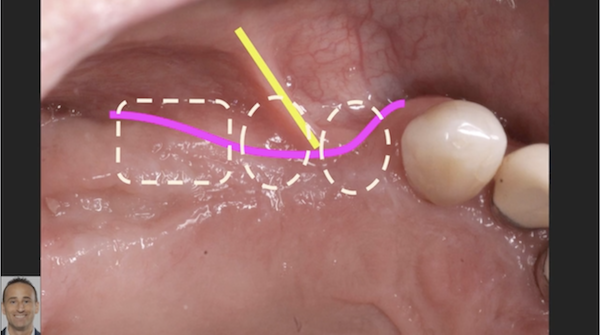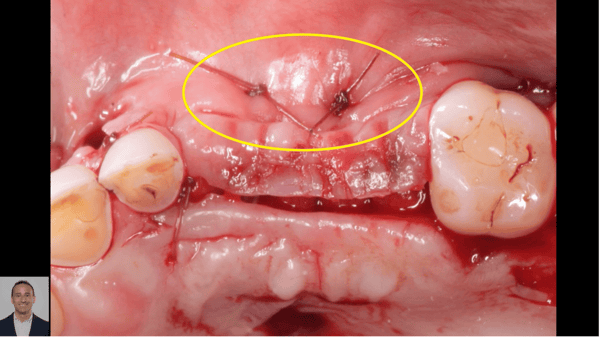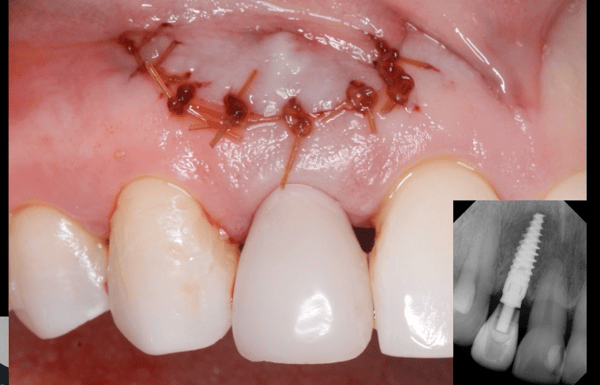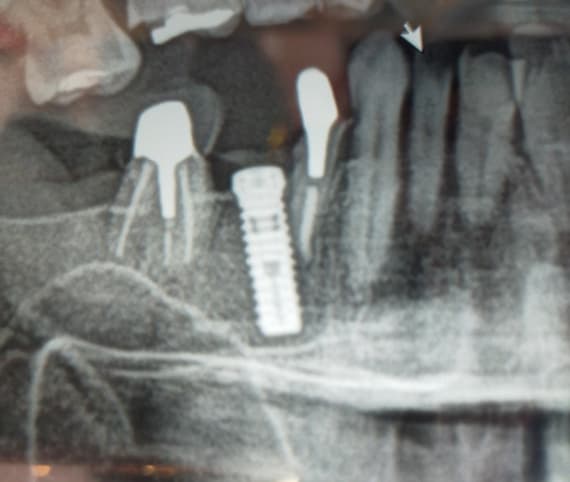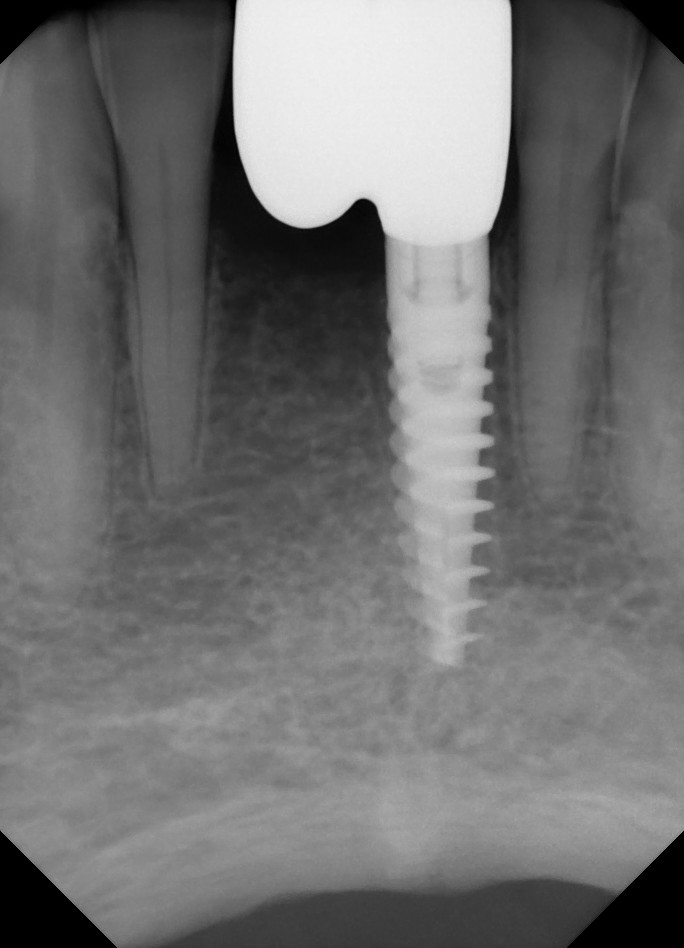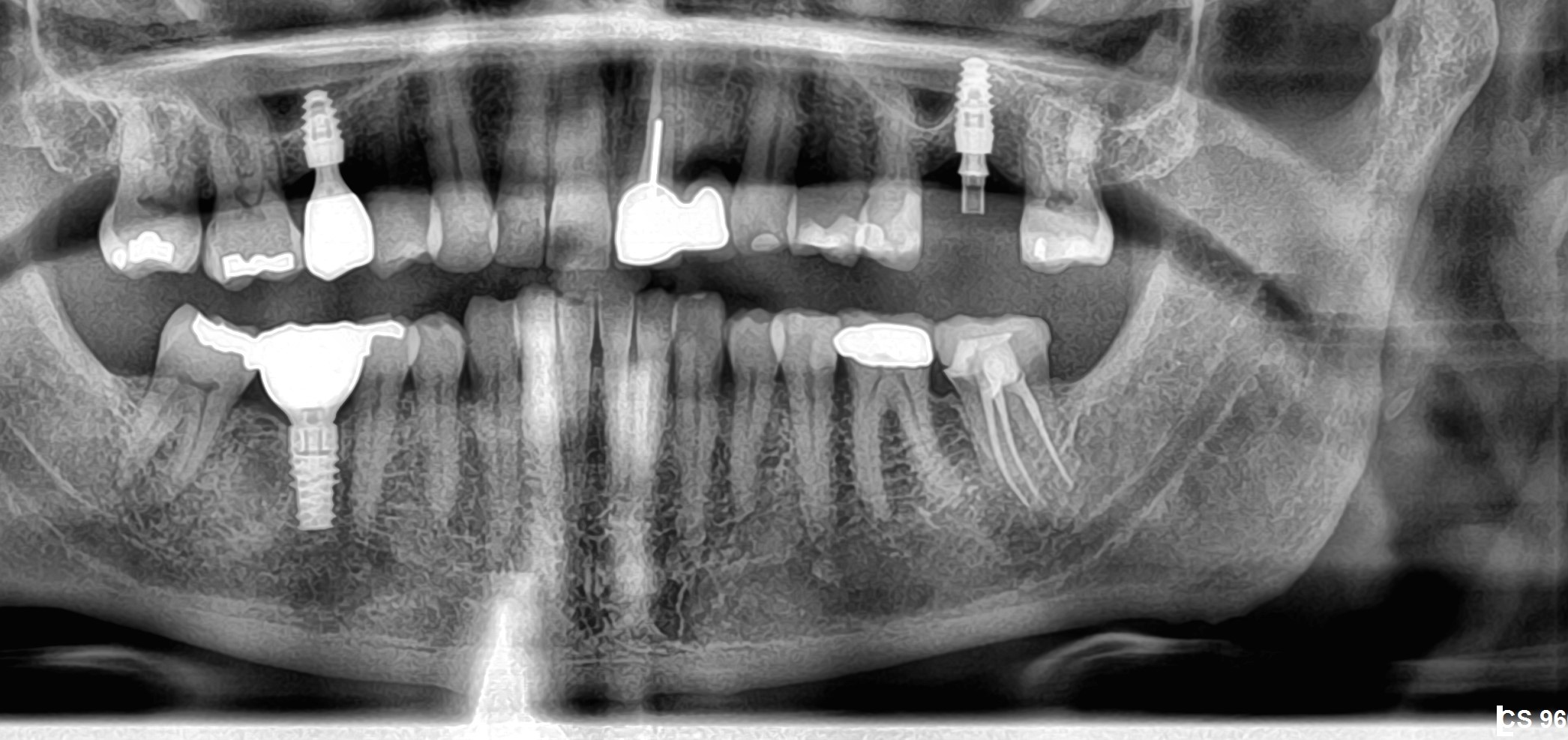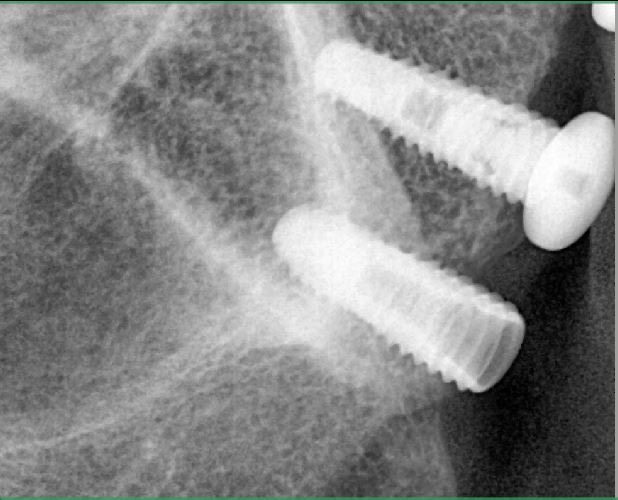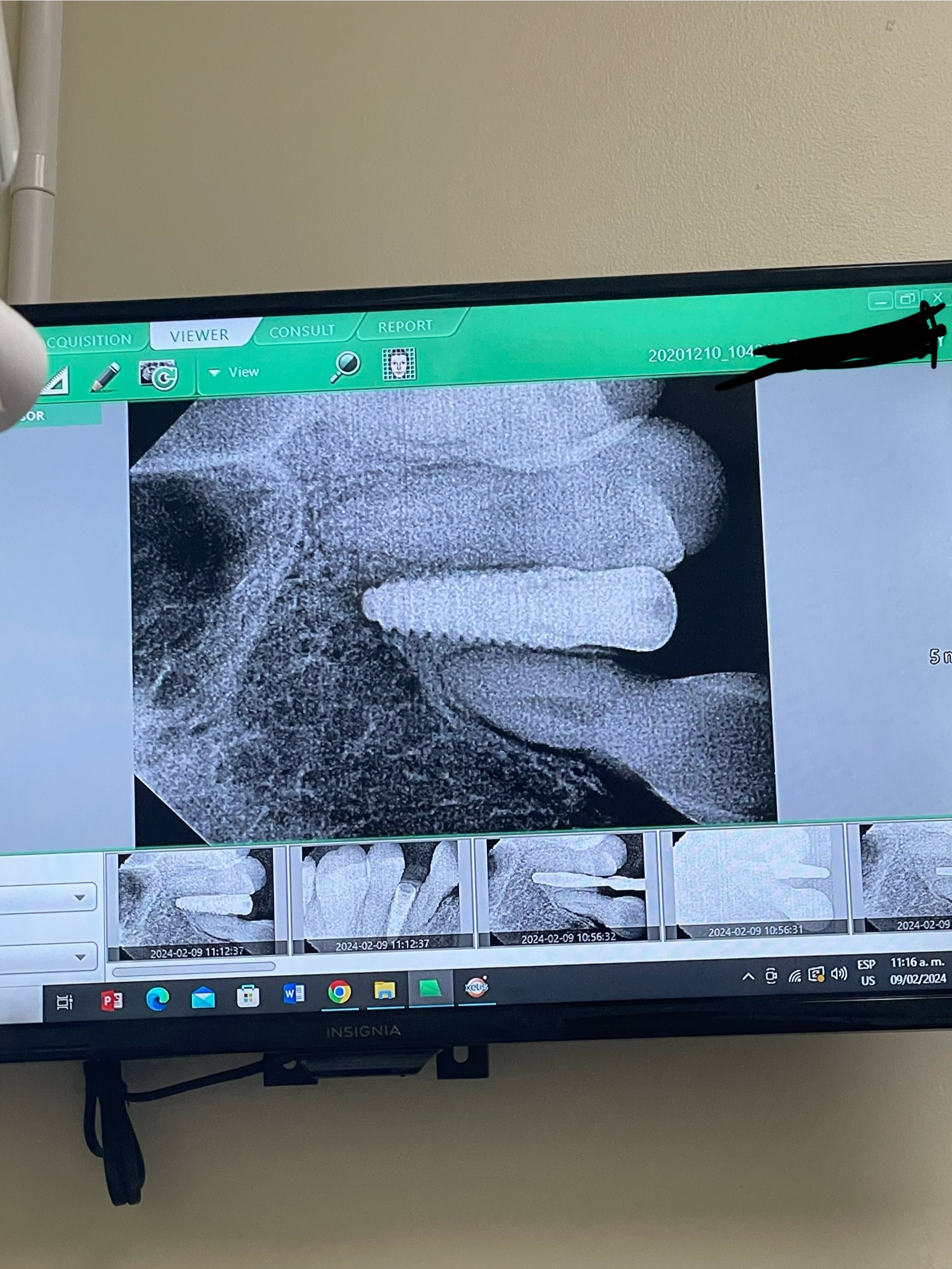Oral Medication Protocols for Implant Surgery: Thoughts?
I am practicing in the UK. I want to find out what others are prescribing for implant surgery. I have found few consistencies in protocols. I understand evidence-based research does not give definitive answers. For the time being I am only interested in oral medications for treatment with L.A or I.V.S. For the purpose of this thread I am not interested in I.V. administration or local application of antibiotics.
Can I start off with:
- Implant only: Amoxicillin 500 mg twice a day for 7 days starting 2 days before surgery.
- Graft as well: Dexamethasone 6mg taken on the morning of surgery, 6mg taken the morning after, 4mg the next day, finish with 2mg the day after that.
- Sinus lift: replace amoxicillin with co-amoxiclav 500/125 twice a day for 7 days starting 2 days before surgery
- pain relief if needed: cocodamol 30/500 four times a day
- more severe: tramadol 50mg three times a day
- decongestants following sinus lift: only if sinusitis occurs following treatment: for 3 days.
I am not saying the above is what you should be doing but I am interested in what you are doing and the thoughts on the above protocol. Also for patients allergic to the above antibiotics, what do you do? And if you use decongestants routinely or only if there is an issue and what do you recommend?
22 Comments on Oral Medication Protocols for Implant Surgery: Thoughts?
New comments are currently closed for this post.
Habeeb
5/6/2014
Thts a great thing to discuss.. Yes need few tried n tested protocols. Proper medication supports is like successful outcome.
M elkabir
5/6/2014
For routin straight forward implant amp ill 500 mg TSS 3/7. If lengthy procedure 1.0 g Augmentin bd 3/7, if sinus procedure 1.0 g Augmentin bd 5-7/7, otrivine nd, ibuprofen +/- co- cod ample.
Valentin
5/6/2014
Clindamycin 600 mg 1 hour prior surgery and another one after surgery , Dehydrocortison 15-20 mg , Ice pack , Nimesulide or Ibuprofen if needed.
Richard Sousa
5/6/2014
1000 amoxacillin & 500 mg etodolac (an NSAD) 1 hr prior to surgery then 500 Amoxacillin BID X 5 days, 500 mg Etodolac before bed then Q8-12 H PRN.
Adatian
5/6/2014
I use routinely 2g amoxicillin 1 hour prior, followed by a week dose (TID, 500mg). In some cases, I will give 800mg of Ibuprofen just before surgery. For allergic patients, 600mg clindamycin 1 hour before. For bone grafts, I start 500mg TID amoxcillin 1 day prior and continue for 1 week.
Gary OMFS
5/7/2014
NSAID like Ibuprofen 600 mg starting 1 h before surgery, continued 3 times daily along with omeprazole to prevent gastric ulceration. Never corticoids, no antibiotics, unless extensive surgery, sinus lifts and grafts (or medical indication). Add Paracetamol 1000 mg 3 times daily if more pain is to be expected (big flap). Codeïne and tramadol makes people sick and should be preserved as a third step unless there is contra- indication for NSAID. Cold Packs intermittently for next 12 hours. Definitely no Otrivin since this eliminates mucociliary clearance of the sinusmucosa.
KurtOMFS
5/7/2014
This is closest to what I do.
NO antibiotics unless sinus surgery or surgery very close to close to sinus as I do believe this is an area where bacterial translocation does occur.
Preop - Chlorhexidine rinse
NSAIDS for post op discomfort. No omeprazole unless diabetic or h/o GERD, PUD or GBP or other medical indication. Short run of narcotic pain reliever (hydrocodone 5mg/APAP325 )if extensive procedure or autologous bone graft from extraoral site.
No corticosteroids
I think dentistry if far too liberal with the use of antibiotics in general. Didn't seem to make a difference in incidence of infection in my practice once I quit using them routinely but now I no longer have to treat oral and vaginal Candidiasis and C.diff ;)
CRS
5/8/2014
I agree, very little understanding of indications for antibiotics over prescribed as seen in the previous posts. Antibiotics don't make a surgery more successful. I use amoxicillin post op and I do believe that bone pain warrents a codeine product, however implants can get away with with ibuprofen. I routinely use iv decadron to prevent swelling and pain. My sinus protocol is standard amoxicillin with decongestants oral sudafed and afrin nasal spray. I get frustrated when well meaning dentists immediately burn resistance bridges by prescribing third line antibiotics at the get go. Most oral surgery cases don't even require an antibiotic. I do believe in pain control at the early stages with a narcotic. I have happy patients without much swelling or pain. I find that most dentists don't understand facial infections,fascial space involvement or clean contaminated cases but that's what OMS are trained in.
Peter Fairbairn
5/8/2014
I agree Kurt , good surgical protocols and bacteriostatic particulate grafts with less Abs a way forward ..
Peter
Dr.Z
5/20/2014
Paracetamol is a known poison. The maximum dosage was 2000 mg/24 hr - was just lowered to 1500 mg. FDA orderred removal from the market of any combinations containing more than 375 mg per dose.
Do you really recommend 3000 mg per day - and at the same time you are against steroids and antibiotics for the very short course and extra low dosage.Seriously?
Antibiotics are well justified for the non-sterile environment of the office. And your patients deserve limited swelling and discomfort that those few milligram and few tablets of steroids do provide. Give codein and keep paracetamol to an absolute minimum - it is far worst.
Gary OMFS
5/21/2014
Yes I do. I work in Northern Europe and paracetamol is the most commonly prescribed painkiller here. As an MD I'm used to the anamnesis, this means you ask the patient about their health.
3000 mg of paracetamol is in the healthy patient >60 kg and < 60 ys old without contra- indications e.g. liver and/ or kidney dysfunction etc. You adapt your prescription to your patient so I was taught. If you like your patiënts getting high and not be able to drive their car or do anything useful, give them tramadol (nausea, vomiting), codeïn (lots of allergies; constipation!) or whatever you like. Messing with antibiotics unnecessarily is responsible for the global problem of multiresistance, and if you work in the right conditions antibiotics are not evidence based. But hey, who cares about global health issues outside of their own private practice? I do understand in US there are other than medical reasons (I mean fear of lawsuit) to provide antibiotics, steroids or narcotic agents even for standard wisdom tooth removal. (where's the evidence?) I would probably do the same thing. As for swelling, there's something called cold pack or even cheaper, the big jelly- filled things Mrs keeps in the freezer to cool the childrens picknick. You should try it!
Habeeb
5/7/2014
Simple protocol Amoxicillin250+Dicloxacillin250 - tid 7days
Aceclofenac+Paracetamol - bd for 5days
Pantoprazole - od
I guess this will be sufficient.
Osbert Usher
5/7/2014
I prescribe 2 caps amoxicillin 500 mgrs, 1 tab Diclofenac-Na 100 mgrs & 1 tab cocodamol, to be taken 2 hrs before appointment. After surgery, patient is advised to take 1 cap Amox 500,1 diclofenac-Na100 mgrs & 1 cocodamol 2 hrs after and then every 8 hrs. for 7 days. The use of a cold compress in area is used 1 hr. after. Instructions are given not to eat fatty foods and milk products for at-least the next 5 days. When sinus is involve, I do prescribe fluconase spray TID. I have had excellent results with that. No pain and happy surprised patients. For Pen.allergic patients, subtitute Clindamycin 300mgrs.
Haraldo
5/8/2014
I asked this question originally.
The range of response is what I was starting to suspect.
No majority consensus.
I was getting frustrated trying to find an answer from journals to see if my own practice was ok or could be improved.
Regards
CRS
5/13/2014
In reading some if these posts, in the US, we are limiting the amount of acetaminophen due to liver issues and the amount of NSAID are also exceeding the recommended amounts. I don't treat candidiasis prophylactically nor to I treat gastric issues unless they happen. I find the iv Decadron works well it is also anti emetic, and an appropriate narcotic pain med work will with Toradol for breakthrough pain. I like NSAID for more chronic vs acute surgical swelling and NSAIDs can contribute to bleeding.. I guess one has to pick the possible complications with the meds. I have very few problems with my protocol I believe in" better living thru chemistry" balanced with moderation. Every med has a potential side effect and patient response need be followed.
Uzair Luqman
5/13/2014
What I have witnessed in my practice is that the patients are divided into two categories (mostly irrespective of the type of procedure). First ones say they did not feel a thing at all, others say that they had the most excruciating post-op course. And I have seen these extremes mostly, nothing in between. As a safety measure and keeping in mind to "LOOK GOOD" in private practice, I prescribe a combo NSAID (central + peripheral acting) with opioids.
So my usual prescription is Codogesic (15mg codiene+ 500 mg acetaminophen) with 50 mg Cap Phlogin (Diclofenac Na).
Regarding antibiotics, not a usual policy but try to avoid where possible or give propylactically mostly. If bone grafting of any sort is required then always add Co-amoxiclav for three days at least.
Eric Ruckert
5/13/2014
I do not understand why so many use amox versus penicillin. The
AHA used it as it stays in the bloodstream konger, but we want tissue antiobiotics. I use Pen vk for 5 days for implants, 7 days for sinus grafts.(never c diff issues to be concerned about) Problems? use augmentin. Never steroids as they increase chance of infection and if swelling in three days is it infection or rebound. Swelling does not hurt and increases blood flow to area. (good) Can't take PCN? Then clindomycin, with yogurt and prebiotics. I've been doing implants since 1993 and NEVER an infection. Also less than 1% failure. I start antiobiotics one hour pre-op or in the office. 5 days for implant, 7 days for graft with membrane , 9 days for large graft or sinus. My success is also correlated with no rush. ie 3 months for integration of graft or implant. I can do immediates, but success decreases. What's the rush for bone to heal. Hou can't walk on a fractured leg at 2 weeks, corrrelated with no matter what the design of the implant is. It's the bone. !!!!! Yes you can "ge away" with sooner, but failure rates increase significantly
KurtOMFS
5/21/2014
Amox vs Pen VK is easy to understand. Since you are not really treating an infection anyway and looking only for broad prophylactic coverage, tid dosing vs quid dosing for essentially the same coverage is just easier for the patient.
Inflammation producing swelling is precisely what hurts and causes pain ! See if the patient doesn't feel immediately better the next time you drain a tense, swollen abscess. It's not the removal of pus, its the release of pressure from swelling. It's also why NSAIDs are so effective in pain relief.
Despite your stellar success rate, you have no proof that it is the Abx regimen that is part and parcel of your success because you have nothing to compare. Perhaps your rate of infection is due to your careful patient selection and meticulous technique and would be the same without the Abx ?
Don Rothenberg
5/13/2014
Doxycycline 100mg BID starting morning of surgery for 7 days...
Vicodin 5/300mg. # 10 pills
Ibuprophen 600mg BID for 4 days
Lots of ice for 1st 24 hours!!!
I have been using this combination since 2000 without any problems and with good results
Bill Schaeffer
5/14/2014
Why, why, why are people suggesting large doses and long courses of antibiotics for simple implant treatments?
Placing an implant into a healed site either requires no antibiotics, or if you must, requires no more than a single pre-op prophylactic dose.
Some of the posters here are suggesting the kinds of antibiotic regimens that would be used for a patient with an established infection - yet it's only being used for PROPHYLAXIS!
Clearly, you may choose to use more robust antibiotic regimens when placing into immediate extraction sockets, or when grafting extensively, but not for healed sites.
STOP with the unecessary use of antibiotics and save them for when they're really needed.
Kind Regards,
Bill Schaeffer
M Elkabir
5/14/2014
augmentine 1.0g twice day for 5 days plus Ibuprofen I think more than enough had no proplems at all.
MIRMOOJI
5/24/2014
I will routinely use chlorohexadine before, but antibiotics only on case to case bases.Mainly i would use the same prescription of amoxy as you for patients with ,weaker immune systems,those at higher risks due to comorbidities and nearly all the time in sinus augmentation cases. The rest of the time i give what you are prescribing.





